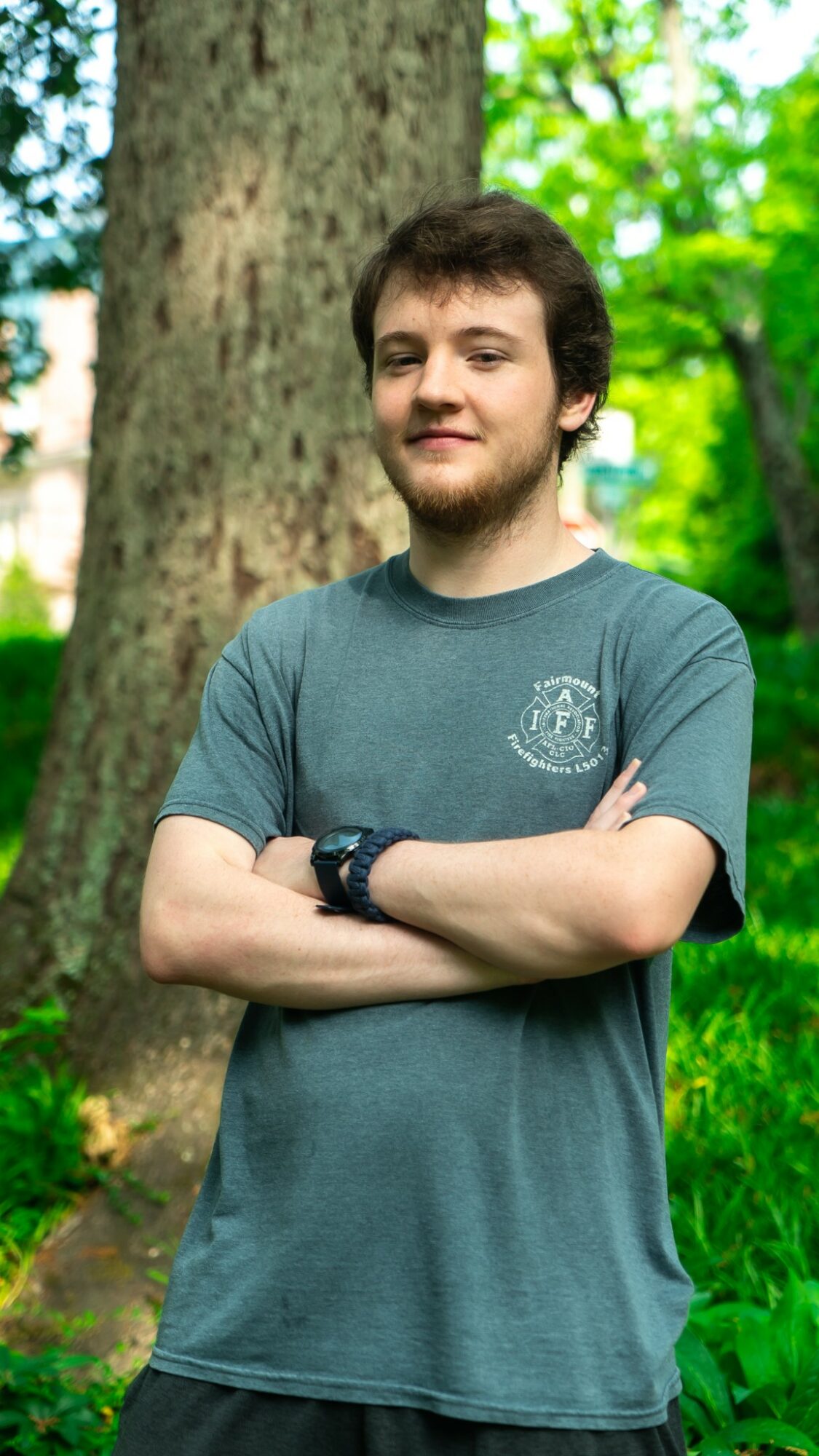

Today we’d like to introduce you to Carl Elmore.
Hi Carl, so excited to have you on the platform. So before we get into questions about your work-life, maybe you can bring our readers up to speed on your story and how you got to where you are today?
My story started way back when I was a kid. When I was around 5 years old, my parents showed me Raiders of the Lost Ark (1981) for the very first time. Spoiler warning if you somehow haven’t seen the film, but at the end, one of the Nazi General’s faces gets gruesomely melted. 5 year old me was terrified of that image. Luckily, the DVD copy came with a behind the scenes featurette of how exactly they made the face melt, and I found it fascinating. From that point on, I would watch behind the scenes videos for some of my favorite movies. Fast forward to sophomore year of High School. I was still very much into movies, but I would mainly see the big blockbusters of that year. During this time, I still had not figured out exactly what I wanted to do yet post High School. That school year, my best friend and I would pass the time during lunch by talking about movies. He showed me different YouTube movie critic channels that he and I would watch. This led me back down the movie rabbit hole, and I started watching movies of different styles and genres, such as 2001: A Space Odyssey (1968) and The Lighthouse (2019). I was gripped by what I saw. The filmmaking, production design, and performances all blew me away. This is when I finally figured out that filmmaking was what I wanted to do for the rest of my life.
Can you talk to us a bit about the challenges and lessons you’ve learned along the way. Looking back would you say it’s been easy or smooth in retrospect?
It has definitely not been a smooth road, but I don’t think getting any career is very smooth. A lot of the struggles I’ve encountered were learning how to adapt. You’re gonna work with a lot of different people, and every director and crew operates differently. I’ve had to adjust to each crew’s different lighting styles and their method of achieving different shots.
Another major struggle was that with filmmaking, things rarely go the way you want it to go. Film productions are very chaotic, to say the least. I say that as a compliment, though, as I find that I do some of my best work amidst the chaos. Part of the fun is finding out creative ways to get around road blocks and break through the chaos. When I was producing my senior capstone last year called All In, we had a power outage in the room we were shooting. Instead of halting production while we waited for the power to come back on, we shifted the schedule around to work on another scene that didn’t need a room with power. It’s best to embrace the chaos and know going in that no matter how perfectly you plan out a shoot, something will always go wrong.
The current struggle I’m dealing with now is finding work more consistently. If you’ve been following the film world, you would know that film production has slowed down a little bit here in the US so it’s been difficult finding more consistent film work. I was very fortunate to get some gigs over the summer and in early autumn and I’m confident that come next year, productions will pick up and I’ll be back to work meeting new people on set. To pass this time, I’m working on developing some scripts to hopefully produce myself. It’s been a fun activity to write these scripts and I’ve been slowly learning more about myself as a writer in the process.
Thanks – so what else should our readers know about your work and what you’re currently focused on?
During my undergraduate program I primarily worked as a producer and director on several projects, including producing my senior capstone and directing my first-ever music video. These are the projects I am most proud of. I learned a lot from both of these sets. For my capstone, as I mentioned earlier that film sets are chaotic what can go wrong will go wrong. There were tons of issues we had to deal with besides the power outage, including almost having an actor no-show and having to figure out how to make a basement look like it’s night outside when our shoot was a day for night shoot. These challenges, while stressful, made me a better Producer and a better creative artist. For my music video, I learned that it is all about getting different shots of the actors and/or the band. My music video was a blend of story and footage of the band, so I had shots of the kids actors having fun outside for the story section and the band, Varsity Blues, performing their song for their section. I was very happy with how the video turned out, and so was the band ! Both of those experiences have been some of the most fun I’ve had on set!
I feel like what sets me apart from others is my sense of cooperation. On all the sets that I’ve directed or produced, I always look for feedback from the other department heads to try and make every shot and setup the best it can be. I want to hear about what is a more efficient way to set up a shot and light a scene and I want to get feedback on what I can do better as a director or producer to ensure production runs more smoothly. Even when I’m not directing or producing, I’m always asking questions about our setup to learn what I can do on my sets. Cooperation is such a crucial part of filmmaking, and I will always strive to incorporate that heavily into all of the sets that I work on in the future by asking questions and getting feedback from the crew.
Are there any important lessons you’ve learned that you can share with us?
The most important lesson I’ve learned is to always ask questions and be open to learning. Asking questions is how I learned a lot of skills that I have utilized on all of my sets. Through asking questions about how to best setup a shot and light different scenes while also asking for feedback on my projects, I learned that cooperation was my defining skill. I bounced questions back and forth on my capstone and music video sets to figure out how to get the best shot and how to solve different problems such as “How do we make sure we’ve got all the right coverage for the band?” and “How do we shot 5 different actors around a circular table” In fact, I don’t think I’d be in the filmmaking industry if I didn’t ask, “How did they do that?” when I was watching Raiders of the Lost Ark when I was a kid. I have been asked back to work on projects because of my willingness to learn and ask questions and that’s why I think asking questions is the most important lesson that I have learned in the filmmaking industry.
Contact Info:
- Instagram: https://www.instagram.com/doctor_carl2002/
- Facebook: https://www.facebook.com/profile.php?id=61563721576729
- LinkedIn: https://www.linkedin.com/in/carl-elmore-860417275/
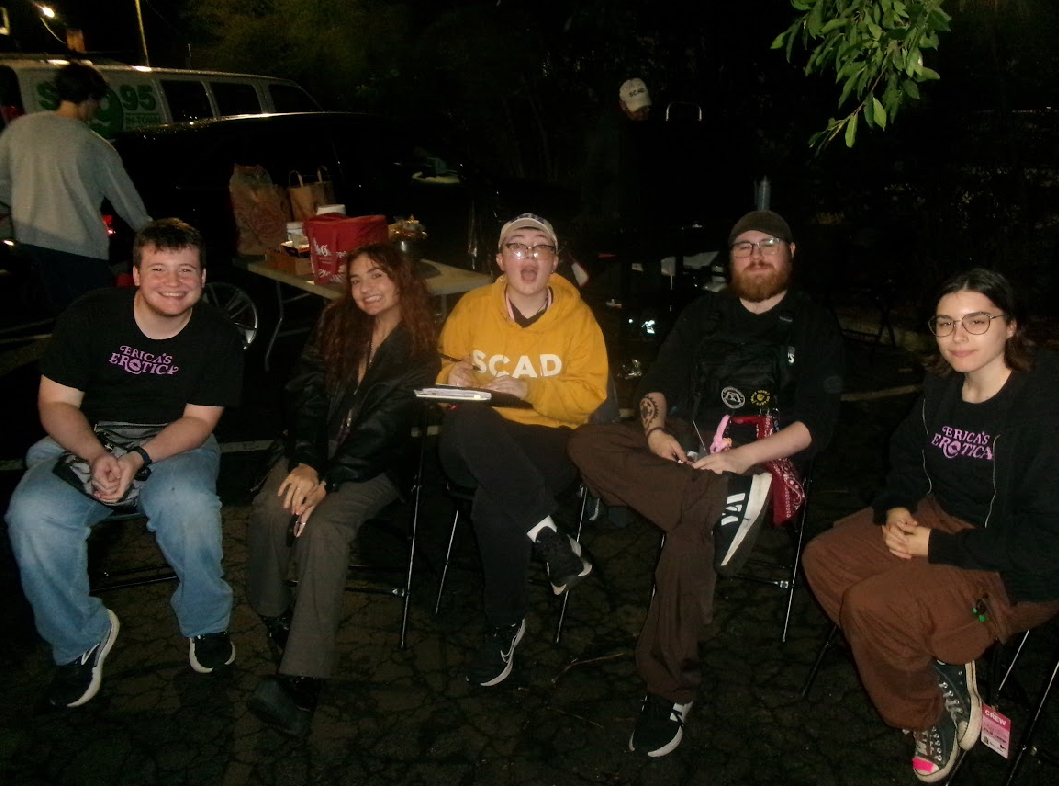
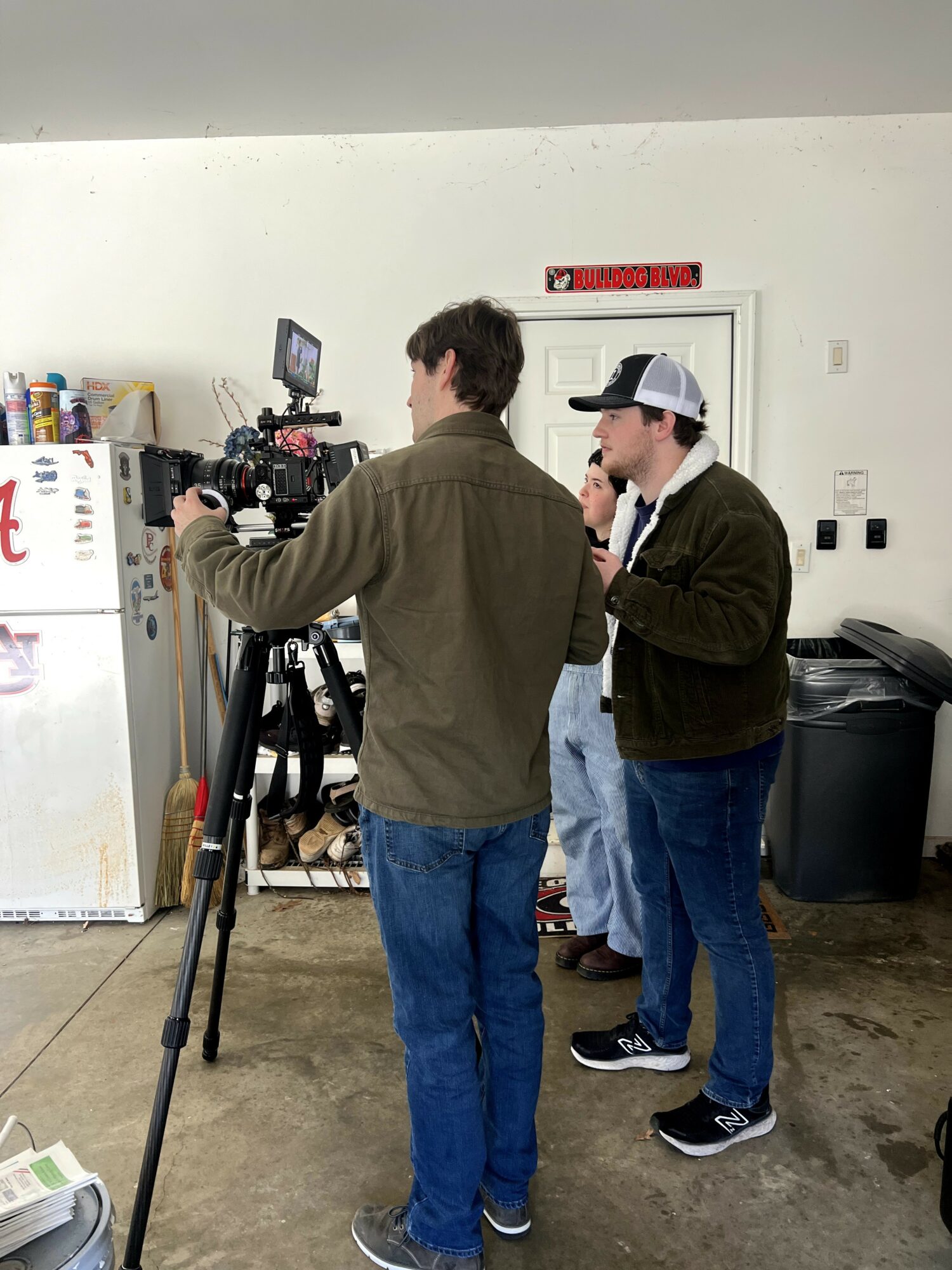
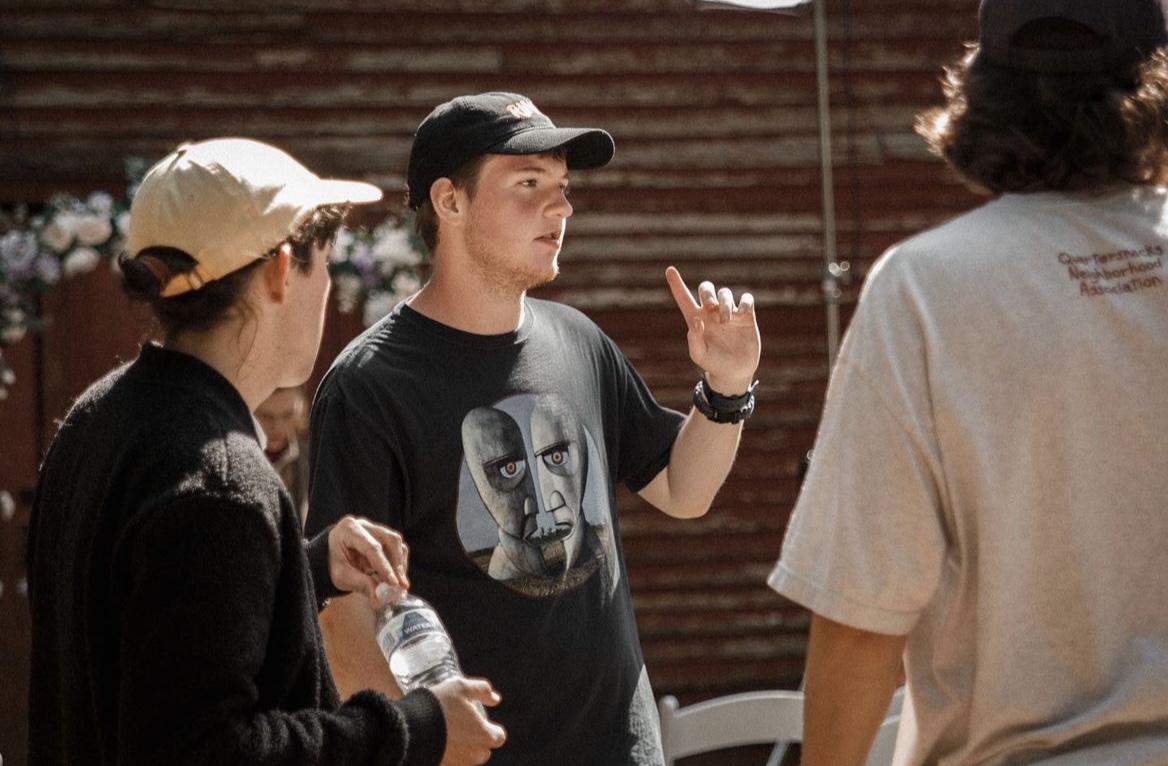
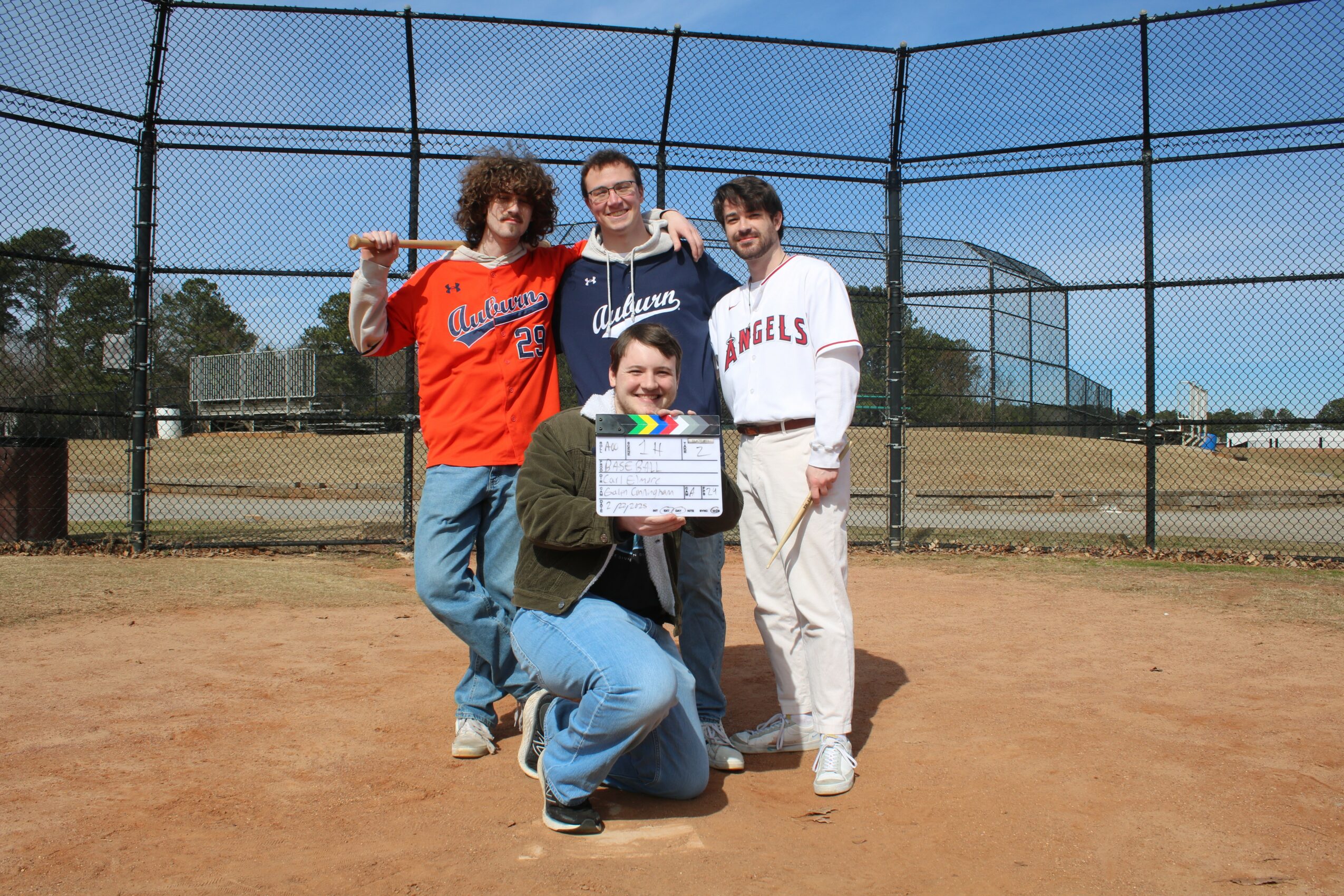
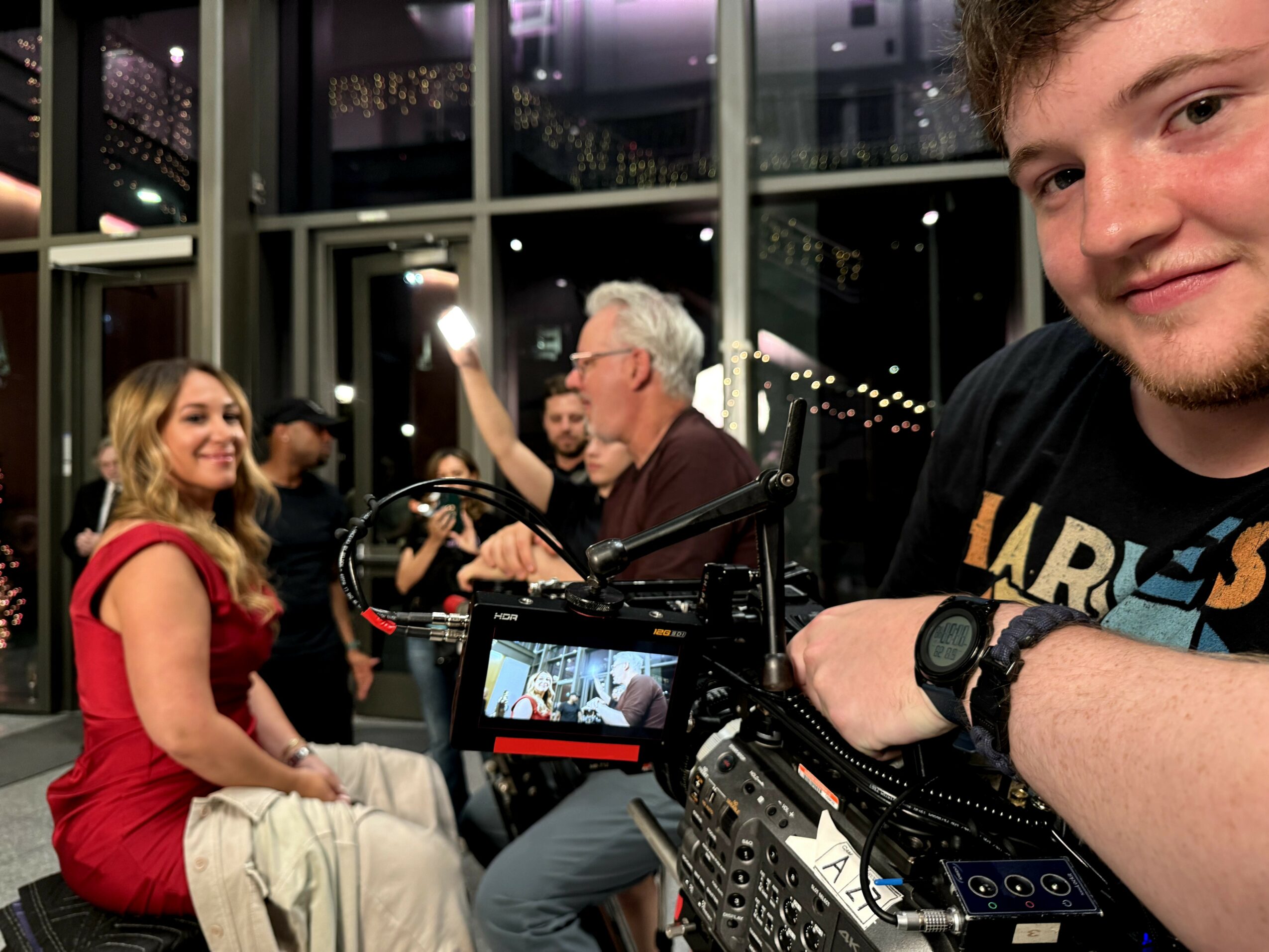
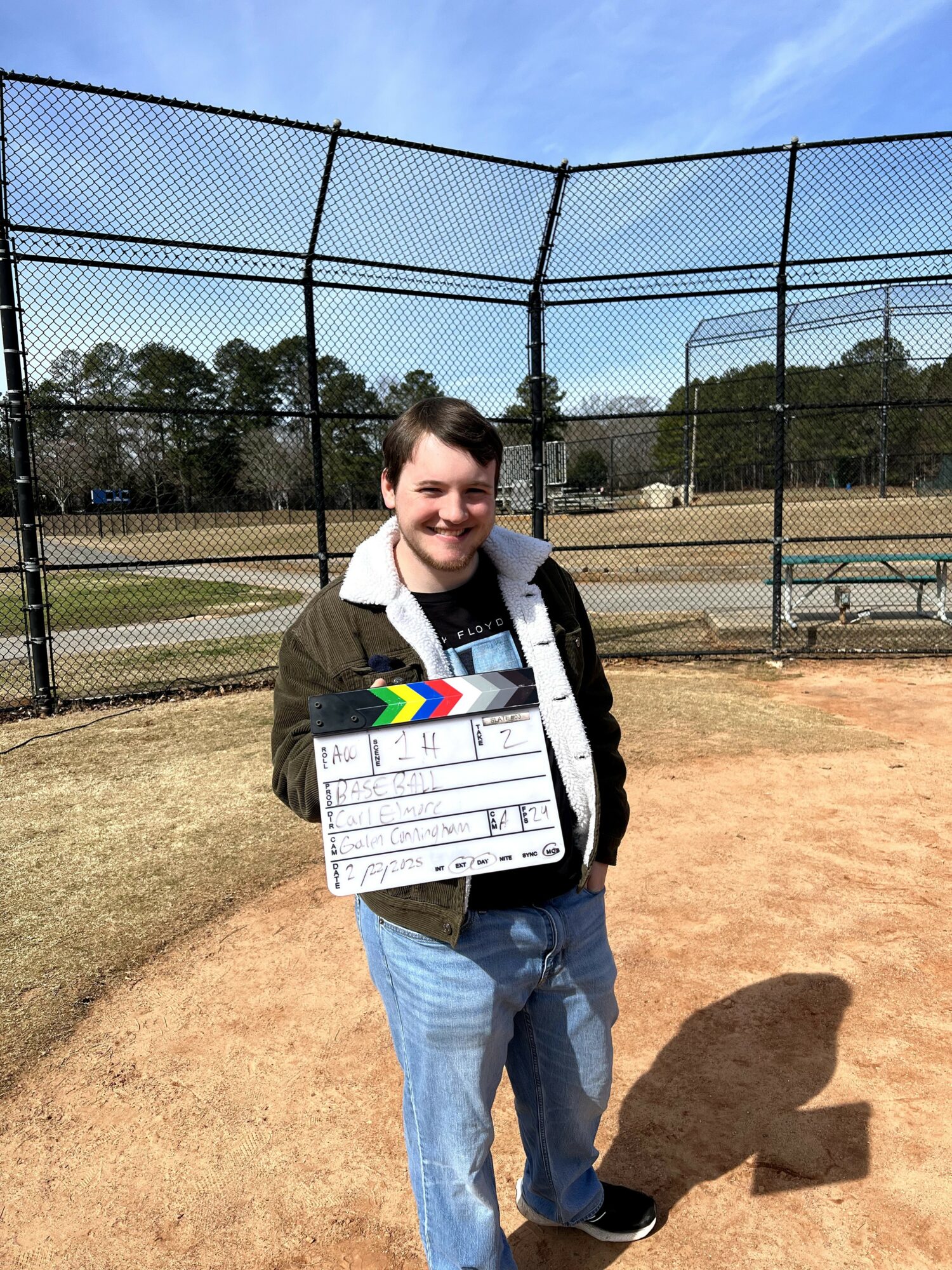
Image Credits
Photos (in order) taken by Andrew Yalowitz, Jaden Lanfrank, Scott Elmore, Naijah Ashbaugh, Elijah Smith, Sam Saldivar













